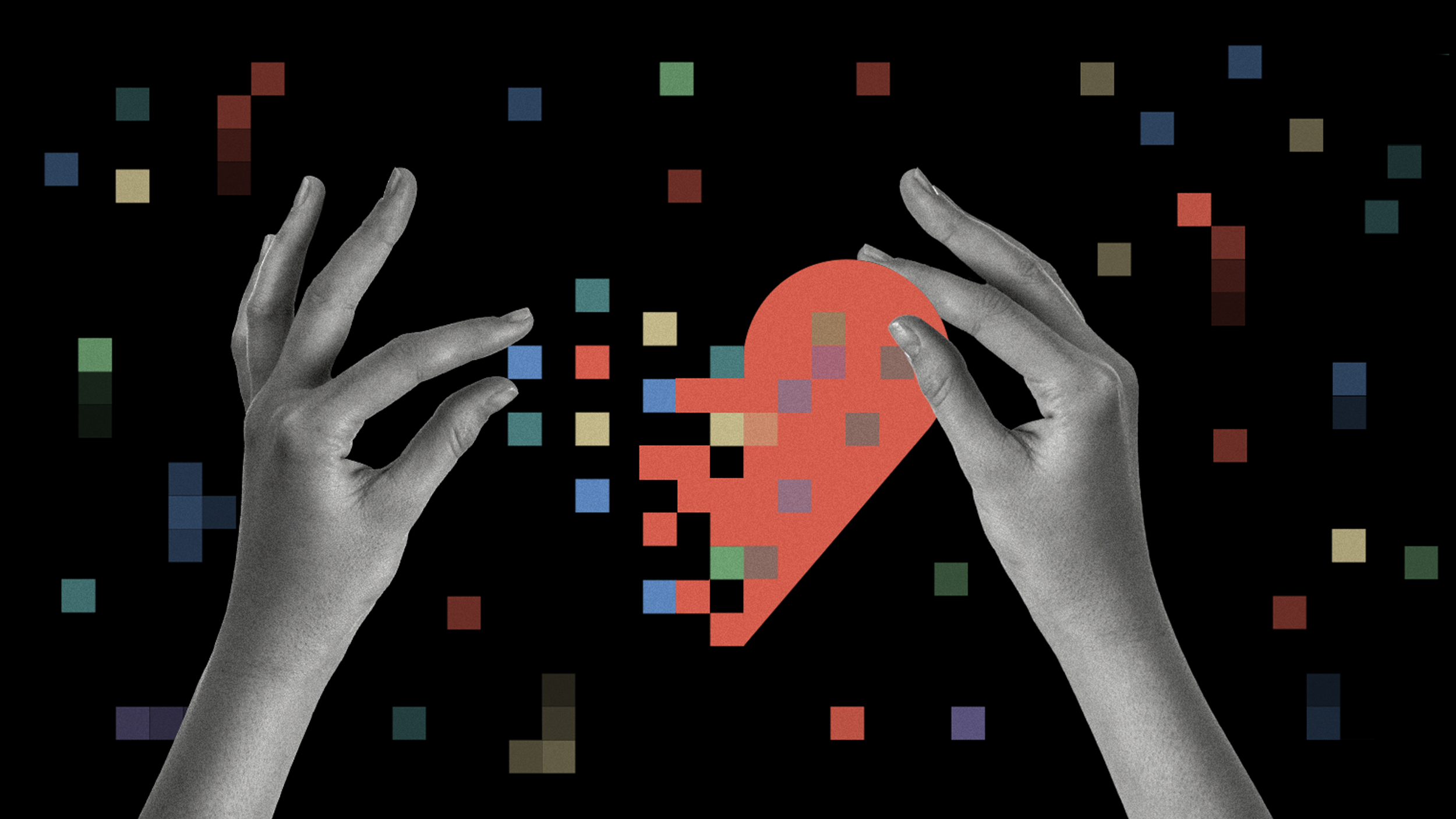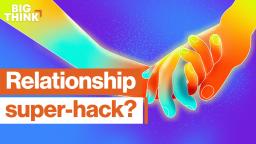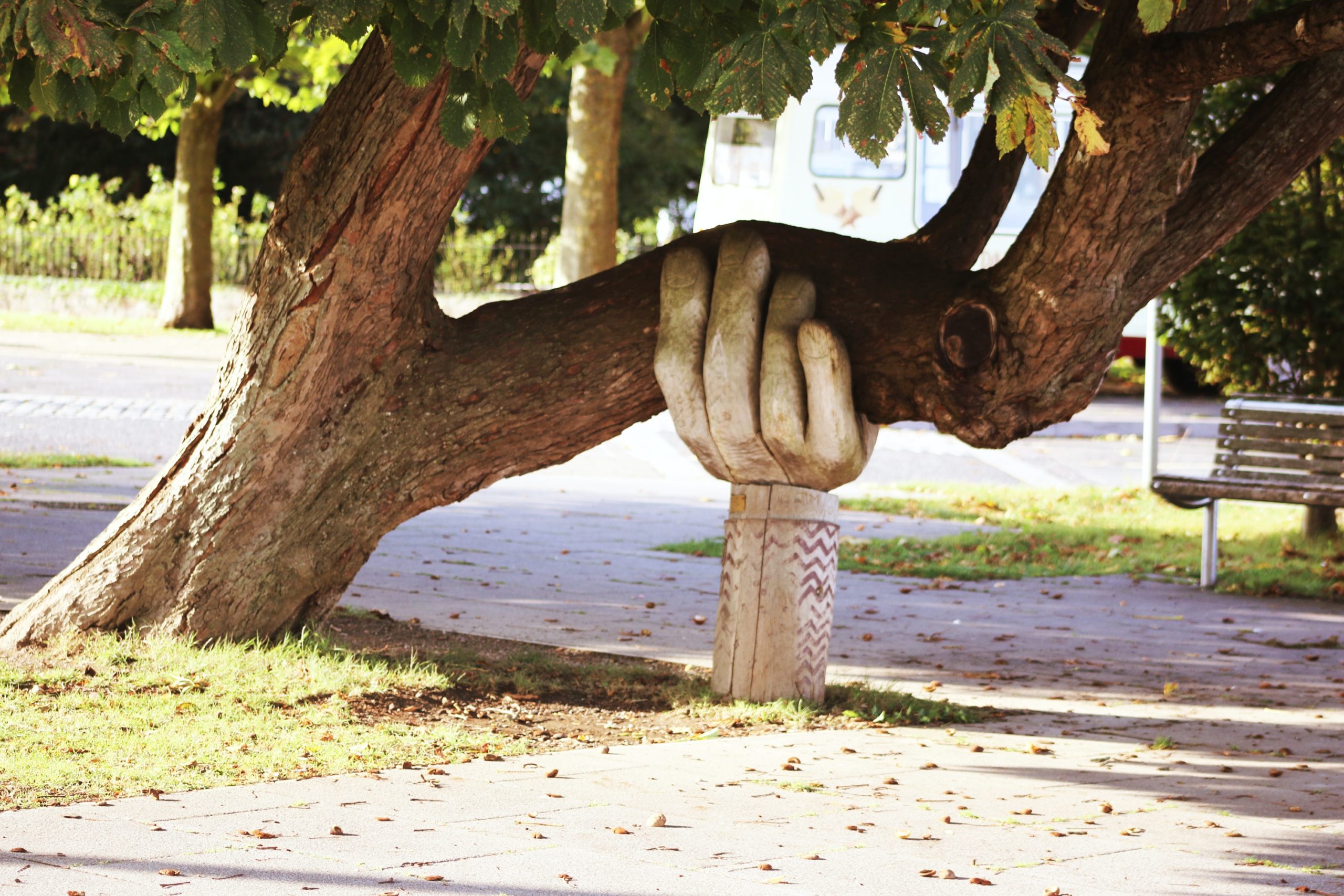empathy
There’s never been a better time to implement empathy training.
A female boar’s intelligence, resolve, and empathy stun researchers.
Powerful branding can not only change how you feel about a company, it can actually change how your brain is wired.
▸
6 min
—
with
A textbook pregnancy consists of three trimesters. The baby develops at a relatively predictable rate during this time, from pomegranate seed to avocado to watermelon. And mom’s body adapts accordingly […]
He’s studied apes for 50 years – here’s what most people get wrong.
▸
6 min
—
with
Humans may have evolved to be tribalistic. Is that a bad thing?
▸
17 min
—
with
Automation technologies manufacture goods or provide labor with minimal human intervention. They can trace their origins as far back as the 16th century—and arguably further—but didn’t take off until the […]
Could a pill make you more moral? Should you take it if it could?
Social interactions are important for building the strongest relationships.
▸
5 min
—
with
Trust can be a fragile thing. Like decorative china or a ship in a bottle, it breaks if handled clumsily. But unlike those, you can’t set trust in your curio […]
Research has shown how important empathy is to relationships, but there are limits to its power.
▸
11 min
—
with
Learn how to practice “self-indifference.”
There is a lot we don’t know about psychedelics, but what we do know makes them extremely important.
▸
20 min
—
with
From AI to climate anxiety, youth are speaking up about mental health.
Experts on the science of giving look into whether there’s another possible upside to doing good: physical attractiveness.
Researchers are using technology to make visual the complex concepts of racism, as well as its political and social consequences.
▸
5 min
—
with
According to a licensed clinical psychologist, we need to change the way we define narcissism in order to recognize it more clearly for what it really is.
A 2017 University of Wisconsin-Madison study was the first of it’s kind to show structural differences in the psychopathic brain.
Three scientists examine three dimensions of psychopathy: neurological, social, and criminal.
▸
12 min
—
with
A good apology can do great things. A bad one can cause trouble. Know the difference.
To create wiser adults, add empathy to the school curriculum.
Isolation and empathy are by no means mutually exclusive.
Here’s how corporations can bring women out from the “leadership pipeline” and into actual leadership.
▸
4 min
—
with
Sometimes, the more understated you are, the more positively you’ll be received.
▸
3 min
—
with
The physicist was both a gentleman and scholar.
The bonding experience is promoted by important neurological changes.
Fear, not empathy, is the most powerful emotion in the world.
▸
4 min
—
with
Social media posts that evoke strong kama muta often go viral – for example, cute kittens, puppies and special animal friendships.
Being kind to others positively impacts your physical and mental health, according to this groundbreaking research by Stanford professor Dr. James Doty.
What a group of orphaned elephants can teach us about emotion and learned social skills.
▸
3 min
—
with





























